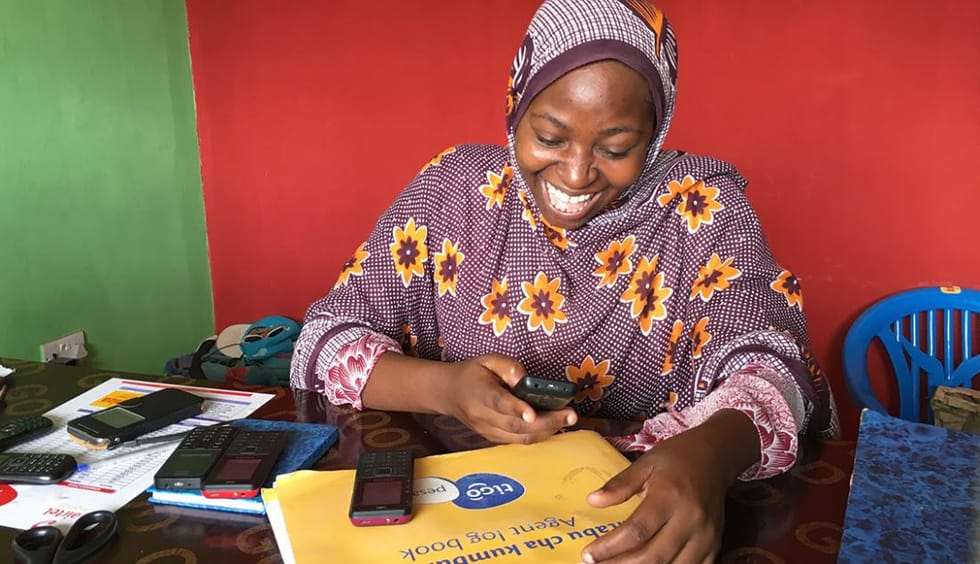Microcredit + Mobile Money = Greater Financial Empowerment for Women

Why layered solutions and clear goals matter more than silver bullets
There’s something irresistible about a single, elegant solution to a big, messy problem. Back in the early 1990s, Todd and I were drawn to the idea that group-based microcredit could be the solution to poverty. The premise was simple: give small loans to groups of women, and they lift their families out of poverty. It was a compelling story—and for a while, it seemed to work.
But over the last 30 years, we’ve learned a humbling truth: poverty is too complex for single solutions. Real progress comes from layered, multi-faceted approaches—and from keeping a sharp focus on the ultimate goal, not just intermediate milestones.
A recent collaboration between BRAC and the Jameel Poverty Action Lab (JPAL), Innovations for Poverty Action (IPA), illustrates this beautifully.
They started with a proven tool—microcredit—which can help women increase their income. But they didn’t stop there. They asked a deeper question: What would actually help women gain real control over their finances? Because while women may earn more through microcredit, control over that money often slips away—sometimes willingly, sometimes under pressure from others in the household.
To tackle this, BRAC and JPAL added a second layer: mobile money.
In Tanzania, they trained female microcredit clients to use mobile banking and encouraged them to repay their loans via mobile money rather than cash. The idea? Reduce the physical cash women bring home, making it less likely to be taken or redirected. Just like in our own lives, money that’s “out of sight” can be easier to save.
The results: Women in the treatment group didn’t earn more than the control group—but they saved more, felt greater control over their finances, and invested more in their children’s education. That’s real progress toward financial empowerment.
This is a powerful example of what happens when you:
- Combine effective tools instead of relying on one
- Design solutions based on the ultimate goal, not just short-term gains
In this case, the goal wasn’t just income generation. It was economic agency—the ability for women to decide how to use the money they earn. Because without that, even increased income can fall short of true empowerment.
Read a summary of the research here
